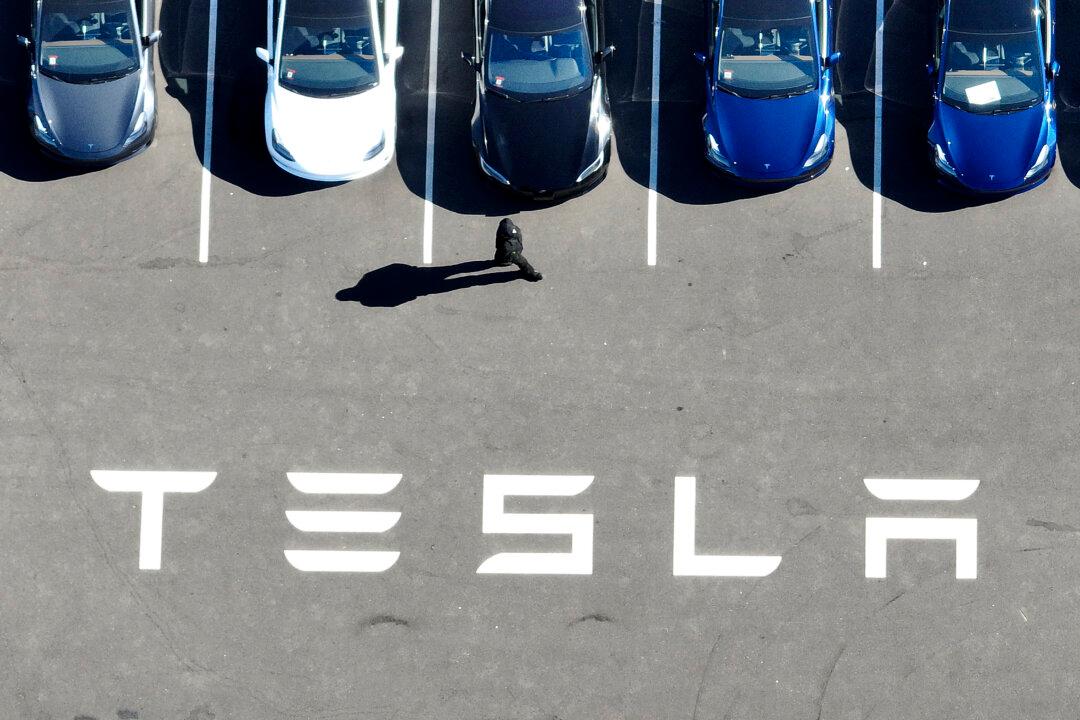Tesla has seen a dip in its market share in the United States’s largest market for its vehicles—California—amid increasing competition from other manufacturers, according to a new report. The California electric vehicle (EV) market in 2024 is characterized in the report by a mix of challenges and opportunities.
While Tesla saw a dip in its market share in the second quarter of this year, it remains a key player in the battery electric vehicle (BEV) segment.





